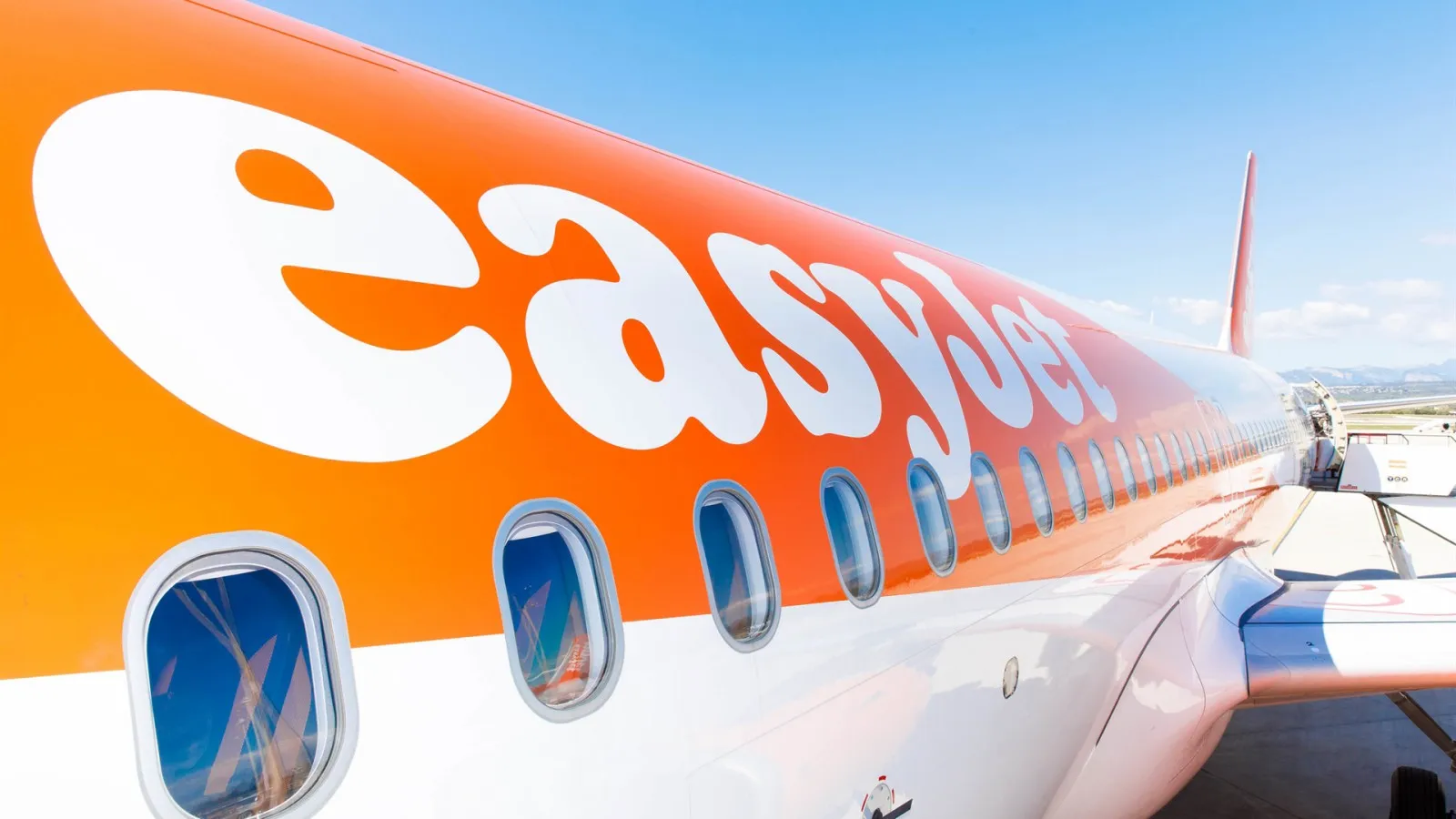
Europe tops list when it comes to charging for airline extras
Feb 24, 2020

Europe has become a leader in charging for airline extras, with low-cost carriers often setting the precedent for additional fees. Passengers frequently encounter charges for services that were once included in the ticket price, such as checked baggage, seat selection, and in-flight meals. This trend stems from airlines' efforts to maximize revenue and offer lower base fares, appealing to budget-conscious travelers. As a result, the cost of flying can quickly escalate, leading to frustration among consumers who may feel misled by initial pricing. This model reflects the evolving dynamics of the airline industry, prioritizing ancillary revenue streams.
When planning air travel in Europe, passengers often encounter a variety of additional fees for services that are generally considered standard in many other regions. This trend is becoming increasingly pronounced as European airlines seek to maximize their revenue through ancillary services. In this article, we will delve into the key aspects of airline extras in Europe, providing insights into the most common charges and their implications for travelers.
The Landscape of Airline Extras in Europe
In recent years, European airlines have adopted a “low-cost” business model that often excludes certain essential services from the base fare. This strategy has led to a significant increase in the number of "airline extras" that travelers must consider when booking their flights. Below is a table illustrating some of the most common extras and their approximate costs:
| Airline Extra | Average Cost (EUR) |
|---|---|
| Checked Baggage | 25 - 50 |
| Seat Selection | 10 - 30 |
| Priority Boarding | 5 - 20 |
| In-Flight Meals | 8 - 15 |
| Wi-Fi Access | 5 - 15 |
As evident from the table, the costs for these extras can quickly add up, leading to a final ticket price that can be significantly higher than the initial fare advertised. This practice can be misleading for consumers who may not be aware of the total expenses associated with their travel.
Understanding the Charges
One of the primary reasons for the increase in "airline extras" is the competitive nature of the airline industry in Europe. With numerous low-cost carriers vying for passenger attention, airlines have turned to ancillary revenue streams to maintain profitability. This has resulted in a complex pricing structure that requires travelers to be vigilant and informed.
For instance, many airlines charge for checked baggage, often leading to confusion among passengers who believe that their ticket price includes this service. Additionally, fees for seat selection can vary significantly among different airlines, making it essential for travelers to research their options before booking. "Priority boarding", while often marketed as a convenience, can be seen as a way for airlines to extract additional funds from passengers willing to pay for the privilege of boarding early.
The Impact on Travelers
The proliferation of "airline extras" in Europe has several implications for travelers. Firstly, it necessitates a more thorough booking process, as passengers must evaluate not only the base fare but also the potential additional costs. This can lead to frustration and confusion, particularly for first-time travelers or those unfamiliar with the low-cost airline model.
Moreover, the additional fees can disproportionately affect budget-conscious travelers. For example, a traveler may find an appealing low fare but end up paying significantly more after factoring in essential services like checked baggage and seat selection. As such, it is crucial for travelers to calculate the total cost of their trip before making a decision.
Strategies for Navigating Airline Extras
To mitigate the impact of "airline extras", travelers can adopt several strategies. Firstly, it is advisable to read the fine print when booking flights to understand what is included in the fare. Some airlines offer bundled options that can provide savings on multiple extras, making it easier to budget for the trip.
Additionally, travelers should consider packing light to avoid checked baggage fees. Many airlines allow a free carry-on bag, which can significantly reduce costs. Furthermore, researching the options for "in-flight meals" can help travelers make informed decisions about whether to purchase food on board or bring their own snacks.
Conclusion
As Europe continues to lead the way in charging for "airline extras", it becomes increasingly important for travelers to be aware of and understand these additional costs. By being proactive and informed, passengers can navigate the complexities of airline pricing and make better choices for their travel needs. While the allure of low base fares can be tempting, recognizing the full scope of potential expenses will ultimately lead to a more enjoyable travel experience.
Related Articles

Explore Thailand: The Best Islands to Visit for Paradise, Adventure, and Relaxation

The Ultimate Guide to the Best Islands in Thailand for Your Next Getaway

Do babies need passports? How to get a passport for a newborn

How to get a U.S. passport fast: here’s how to expedite the process

What is Mobile Passport Control: 5 reasons why you should use it

SENTRI vs. Global Entry: A detailed guide

Do you need a passport to go to the Bahamas? Let’s find out

Do you need a passport to go to Mexico? A detailed guide

Do you need a passport to go to Canada? We got the answer

Do You Need a Passport for a Cruise: An Essential Travel Guide

Booster Seat Requirements: All the Rules to Follow in Your Rental Car

What Are the World’s Most Powerful Passports, and How Does Yours Rank?

How to Take a Passport Photo at Home: A Helpful Guide

You've got to have heart! Southwest's new livery

Your opinion: Should water be free on low cost carriers?

Young women bolder than guys as solo travellers
